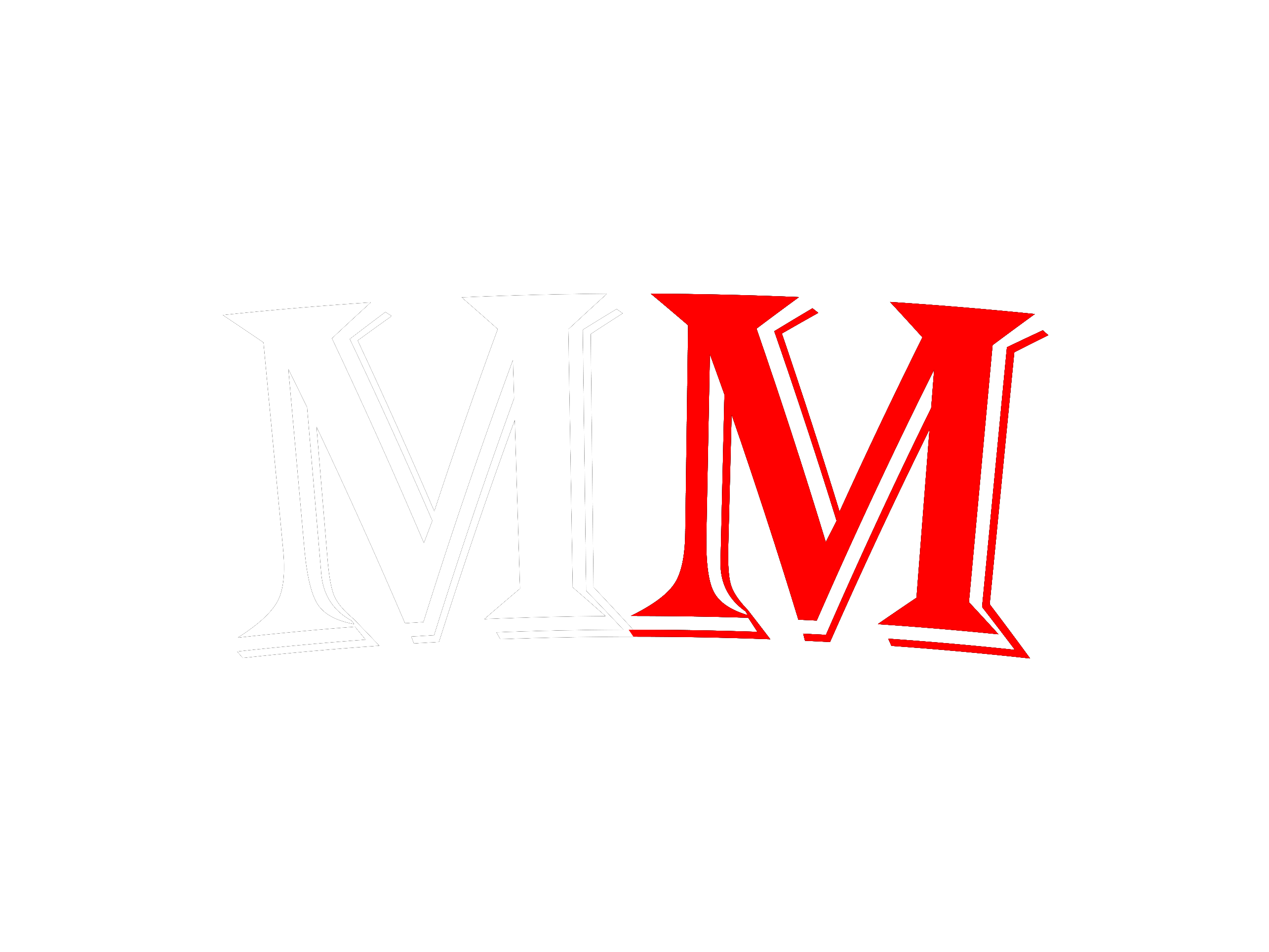What is cold reading mentalism?
It’s a technique used by mentalists that involve carefully worded broad statements and psychological tactics. You can achieve a mind-reading effect by paying attention to how your audience reacts.
No one skill guarantees a successful cold reading. You have to be observant and a good listener. An understanding of human behavior and body language also gives you an advantage.
There are so many things you can extract from the way a person sits, walks or talks. You can gather information about your subject from subtle changes in their facial expressions — even their hairstyle or choice of clothes can give clues.
For this article, we’re going to talk about cold reading mentalism – everything you should know.
So let’s get into it!
Before the Act: Two Crucial Considerations
Choosing a Subject
The act of cold reading has several parts — and one of the crucial steps doesn’t even happen on stage.
Similar to other mentalism tricks, a lot rides on what kind of subject you have. It’s always best to choose someone open to suggestions — having a skeptical audience requires you to double your efforts during your performance.
Cold reading will help you pick just the right person.
Gathering Intel
Some mentalists use a hot read to collect as much information as possible even before the performance begins.
You can gather information by walking through the audience or, if you have the resources, having secret assistants engage with them. Others use the guest registry to research specific individuals.
You then insert whatever information you have into the performance. It makes your act more impressive and gives your audience a more memorable experience.
During the Act: Five Cold Reading Techniques
Shotgun Statements: Throwing a Wide Net
Shotgun statements are broad pronouncements that may feel relevant to most people. These use specific language, so it’s neither too exact nor too vague.
An example would be a mentalist saying, “I’m getting a message from an elderly woman — She passed away recently and she was really special.”
It is slightly more specific than saying “I see a woman”, but still vague enough to cause an emotional response from several audience members.
By using cold reading, you can observe which ones are going through that same thing.
Barnum Statements: Using Broad Strokes
These statements work similarly to horoscopes — they bank on the fact that people will read into what was said and find connections to make it relevant to their lives.
The use of non-committal phrases such as, “Sometimes you get anxious because of doubt — you may think you may have made a mistake about a life-changing decision.”
Although it may sound specific, experiencing self-doubt about decisions made is common since no choice is risk-free. Your subject is likely to focus on recently made choices and those she may not have been sure of.
Another way to do Barnum Statements is to put two contradicting ideas in one sentence.
It can sound something like, “You appreciate spontaneous experiences but also know the value of careful planning.”
One of these is bound to be true for your subject. It makes them feel like you’ve read their personality and preferences accurately.
Focusing on Hits: Highlight Successes
The use of Barnum and Shotgun Statements is often referred to as “fishing” — it’s casting a line in the audience and hoping that someone bites.
Because it is a game of chance, it doesn’t guarantee a hit all the time. Mentalists may have more misses than hits — even the pros.
The line between amateurs and professionals is drawn not between hit and misses but their responses when it doesn’t work.
A less experienced mentalist may get flustered, drawing more attention to a failed fishing expedition. A professional, however, glazes over this and continues casting a line until he gets a hit.
Once a hit happens, you need to be mentally agile enough to shift gears to build on it. All it takes is one hit to create a snowball effect — it tends to make subjects more willing to share information, which, in turn, allows you to gather additional information.
By quickly building on a hit, you can make the audience forget about your earlier misses —or at least shift their attention enough that unsuccessful fishing expeditions seem minor in comparison.
Converting Misses: Flipping the Situation
With enough experience, you can also turn your misses into hits. Mentalists achieve this by forcing the subject into helping you change the meaning or, worse comes to worst, playing the blame game.
Let’s say a Shotgun Statement you gave fails to get a response from your subject — like asking if the name Michael means anything to them (this is a good hook since Michael is a relatively common name). If you don’t get anything out of it, you can try converting it several ways:
- “I think it’s another name that begins with M”. Start giving other names like Matthew or Mark and see if there’s a different response.
- “Or is it a name that sounds like M?” This is a creative spin as it allows you to jump to a different letter in the alphabet. Emmanuel (or Emma, if it’s female) may fit it.
If you do get a favorable reaction, play it off as a hit from the beginning. If it still doesn’t work, remember — it’s not you, it’s them. Some mentalists shift the blame to the subject, saying that they may not be open enough for a connection to occur.
This is where choosing the right subject helps. An ideal audience member will accept this as a valid reason instead of doubting your abilities.
Remembering Details: Recap and Reuse
Two things that help you with cold reading are having an excellent memory and having good listening skills. Any information given to you by your subject is something you can reuse later on.
You can use key details to move on to the next step of your performance or even as a future hit.
You’ll be surprised at how easy it is to take something your subject shared (especially those mentioned in passing) and present it as though you had thought of it right then and there.
Six Cold Reading Points to Ponder: Tips for a Successful Show

- Confidence plays a big factor in cold reading. The first person who has to believe in your abilities is you. If you begin second-guessing yourself, your subject will read into it and start doubting your abilities.
- Take the time to select your subject. Having the right audience member doesn’t mean you won’t have to put in the work anymore, but susceptible subjects cut your required effort in half while skeptical ones double it.
- Do not promise the sun, the moon, and the stars. Making extravagant claims of what you’ll be able to do and then falling short damages your reputation and leaves your audience feeling frustrated. It’s often better to underpromise but then overdeliver during the actual performance.
- Have a list of statements for your fishing expedition — and keep it growing. It gives you more options if you encounter a miss and need to shift to a different angle.
- Don’t do all the talking. The more your subject speaks, the more information you get out of him. Pay attention to seemingly insignificant things he says, but also observe his non-verbals. His tone, body language, and microexpressions may also allow you to read him better.
- Ask open-ended questions when you’re casting a net. Questions that can’t be answered by a simple yes or no allows you to coerce your audience by making them define the meaning of your statement. Asking “Does a red door mean anything to you” and “I‘m getting an image of a red door — what does it mean?” makes a world of difference.
Bringing Down the House
Cold reading is one of the most popular techniques used in mentalism performances.
If done well, it leaves your audience with the impression that you’re capable of getting inside their heads and reading their thoughts.
If you want to do successful cold reads, however, you have to do the work.
What makes cold reading different from other tricks is there is no one way to script it — a lot of your success depends on how well you chose your subject, how well you cast your line of questioning, and how well you were able to put things together. It requires a lot of mental agility.
With practice, though, it is something you can develop. Don’t dilly-dally around — start working on your cold reading technique, and you’re sure to amaze your audience in no time.

